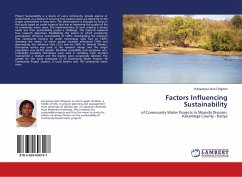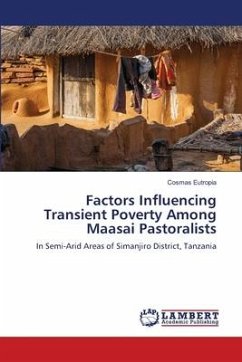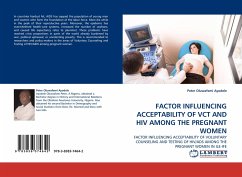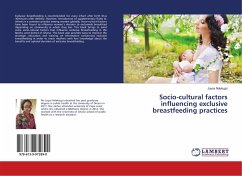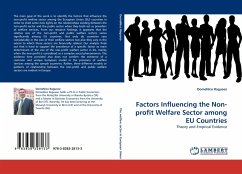Project Sustainability is a desire of every community, private agency or Government as a means of ensuring that positive gains are delivered to the target communities in long term. This phenomenon is brought to focus in this study based on water projects that aim at improving the quality of life of community water users. The implementation of such projects is always easier but their sustainability posses a challenge. The research explored four research objectives: Establishing the extent to which community participation influence sustainability of CWPs; Investigating the influence that community training on water technology used had on CWPs; Assessing the extent to which project location influenced CWPs and determining the influence that CCCs had on CWPs in Shianda Division. Descriptive survey was used as the research design and the target population was 44,325 people. Stratified probability and purposive non-probability sampling techniques were used in sampling. Each location represented a stratum and the leaders were purposively selected. The sample for the study comprised of 23 Community Water Projects, 46 Community Project Leaders, 8 Local leaders and 142 community water users.
Bitte wählen Sie Ihr Anliegen aus.
Rechnungen
Retourenschein anfordern
Bestellstatus
Storno

